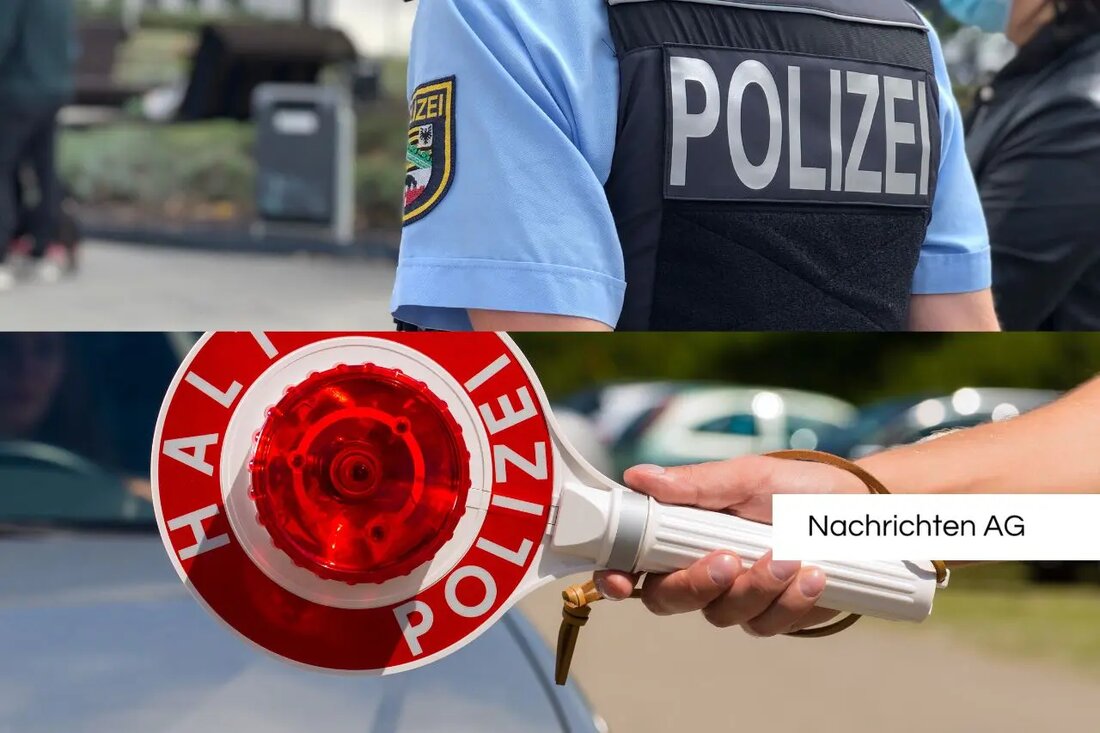Court stops Niqab when driving: Security goes from freedom of religion!
Court stops Niqab when driving: Security goes from freedom of religion!
An administrative dispute over the wearing of a facial veil during the car driving caused a sensation before the administrative court in Trier. A Muslim woman had hoped to receive an exceptional permit for driving with NiQab. However, your application was dismissed on February 25, 2025 (Az. 9 K 4557/24th).
The court found that the right of third parties on physical integrity predominates the right of women on religious freedom. This principle of decision is based on the road traffic regulations, which prohibits the covering of the face when driving. This is essential to clarify the identity of drivers in traffic violations and to ensure traffic safety.
legal framework conditions
The judgment is based on Section 23 (4) StVO, which clarifies that the face of a driver must not be so covered that it is not recognizable. The court argued that wearing a niqab could reduce the field of vision of the driver and thus endanger other roadmillers. In addition, identification is not possible during traffic controls, which endangers public security.
The applicant, a single mother of two children, lived in a village in the district of Trier-Saarburg. She had sued the state company Mobility (LBM) Rhineland-Palatinate after no exemption was granted. She argued that the regulation violates her religious freedom because she was committed as a Muslim to cover her face.
The court pointed out that women in everyday life were reasonable to use alternative means of transport. The next bus stop was about one kilometer away and shorter distances could be covered by bike. This argument was taken up in a similar case in August 2024 by the Higher Administrative Court in Koblenz, which also refused a lawsuit for wearing a niqab at the wheel.
conflict between freedom of religion and security
The debate about the ban on the change in road traffic shows the continued conflict between individual rights and the protection of the general public. Various courts, including the Higher Administrative Court of North Rhine-Westphalia, have confirmed the constitutionality of the ban and emphasized the importance of the identifiability of the drivers. SPIEGEL is classified because there are alternative transport options.
In the past, authorities have often moved an eye during facial lights during the Corona pandemic and at the carnival season. This confirms that the regulation is not always used strictly. In addition, the proposal of women who want to drive with Niqab was rejected by the administrative courts; It is not guaranteed that this contributes to a secure traffic situation.
The decision of the administrative court in Trier once again illustrates the complexity of the legal disputes about religious freedom and the need to reconcile them with the matters of public security. Sol.de reports that these legal questions in society are still controversial.
| Details | |
|---|---|
| Quellen | |


Kommentare (0)